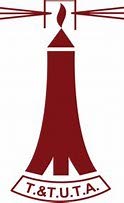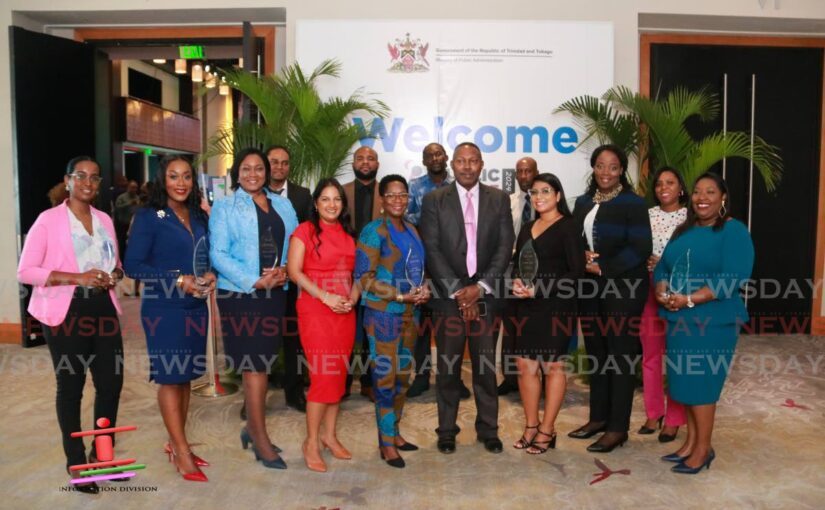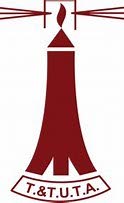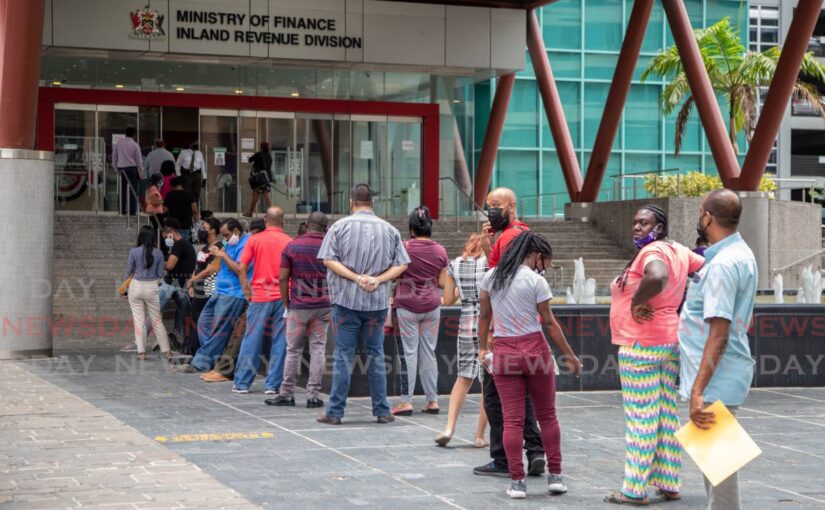20 June 2024 Allow me to express appreciation, in absentia, to Dr Audrin Mathe, the executive director of the Ministry of Information and...
Vous n'êtes pas connecté
- English
- Français
- عربي
- Español
- Deutsch
- Português
- русский язык
- Català
- Italiano
- Nederlands, Vlaams
- Norsk
- فارسی
- বাংলা
- اردو
- Azərbaycan dili
- Bahasa Indonesia
- Հայերեն
- Ελληνικά
- Bosanski jezik
- українська мова
- Íslenska
- Türkmen, Түркмен
- Türkçe
- Shqip
- Eesti keel
- magyar
- Қазақ тілі
- Kalaallisut ; kalaallit oqaasii
- Lietuvių kalba
- Latviešu valoda
- македонски јазик
- Монгол
- Bahasa Melayu ; بهاس ملايو
- ဗမာစာ
- Slovenščina
- тоҷикӣ ; toğikī ; تاجیکی
- ไทย
- O'zbek ; Ўзбек ; أۇزبېك
- Tiếng Việt
- ភាសាខ្មែរ
- རྫོང་ཁ
- Soomaaliga ; af Soomaali
Rubriques :
 Maroc - NEWSDAY.CO.TT - A la Une - 18/Jun 03:06
Maroc - NEWSDAY.CO.TT - A la Une - 18/Jun 03:06
Who is our employer?
UNLESS schooled in the theory and practice of government, many public officers, including teachers, and members of the public, sometimes find it difficult to understand the complex structure of the public service in its form and function. Based on the principle of separation of powers, our Westminster system of governance is divided into three distinct branches – legislature (makes laws), executive (enforces laws) and the judiciary (interprets laws). Each branch is enshrined with independent powers and responsibilities so that the powers of one branch do not conflict with the others. This arrangement provides for critical checks and balances to guarantee good order and governance, ensuring the citizenry enjoys enshrined constitutional rights. In order to fulfil its mandate, the executive is divided into several ministries and statutory departments/divisions that the legislature may deem necessary for the management of the affairs of state. In order to facilitate the proper execution of its functions, these ministries are assisted by two major entities. The Service Commissions Department essentially functions as the secretariat for four constitutionally enshrined commissions, namely the Public Service, Police Service, Judicial and Legal Service and Teaching Service Commissions. This centralised secretariat arrangement provides the four commissions with the necessary administrative support to enable them to effectively carry out their principal mandate to appoint, promote, transfer, confirm and exercise disciplinary control over public officers as enshrined in the Constitution. The commissions are fully autonomous in their functioning, the Constitution framers’ objective being the existence of bodies in high public regard with a view to maintaining a politically neutral public service operating on the principle of merit and free of the undesirable effects of discrimination, nepotism and injustice. The service commissions grew out of the personnel branch of the former colonial secretariat, which was the premier administrative department in a highly centralised bureaucratic system, which began with the introduction of crown colony government in 1833. Working alongside and in tandem with the line ministries and the service commissions is the Personnel Department. This is the arm of the executive that is charged with the responsibility for determining and/or advising on pay and other terms and conditions of service for a wide spectrum of employees within the public service. Established by the Civil Service Act of 1965, it determines through consultation and negotiations with the appropriate recognised majority unions, terms and conditions of service for monthly and daily-paid officers of the public service, statutory authorities, municipal corporations and the Tobago House of Assembly. The act also makes provision for the establishment of procedures for negotiations and consultation between the government and members of the public service for the settlement of disputes and other related matters. It is a public body established by the constitution to regulate the employment and working conditions of all public officers, as well as promoting the values of public service. It determines via the consultative process, among other things, job descriptions and compensation packages for public officers. The Personnel Department also advises and makes recommendations on the terms and conditions of service for holders of office under the purview of the Salaries Review Commission and members of the Defence Force, in addition to determining the terms and conditions of people employed on contract in the public service and statutory authorities. It also functions as a central human resource and management (HRM) agency with responsibility for policy formulation in areas of HRM which are not within the purview of the service commissions. The department also establishes and reviews the legal and regulatory framework for HRM in the public service, as well as monitor and audit the practice of HRM within ministries and departments. In the discharge of its duties and responsibilities, the department currently conducts collective bargaining negotiations with the 16 appropriate recognised majority unions, subject to the directions of the Minister of Finance. The effective and efficient functioning of these three arms of the executive is critical for the proper and acceptable functioning of the public service. Unfortunately, this ideal is far from reality due to numerous factors and which can often cause teachers and members of the public to become frustrated, feeling denied of their constitutional rights. Many teachers are sometimes caught in the bureaucracy between the Teaching Service Commission and the Ministry of Education, having to await inordinate periods of time for increments, upgrades and promotions. Unions have repeatedly expressed frustration regarding the protracted nature of the collective bargaining process. While absolutely necessary, these entities must find ways to better collaborate in the execution of their respective mandates. The post Who is our employer? appeared first on Trinidad and Tobago Newsday.
Articles similaires
Watson Duke takes PSA to court over pension
FORMER Public Services Association (PSA) president Watson Duke is suing the union over his pension. Duke, political leader of the Progressive...
Editorial: People with disabilities deserve attention
The National Union of Organizations of the Disabled, or NOUD, is calling for an increment in the budgetary allotment for its parent body, the National...
14 public officers, TTBizLink get awards
FOURTEEN public officers and an online service were honoured at the Ministry of Public Administration’s Public Service Excellence Awards on June...
Labour Day reflections
UNFORTUNATELY to many citizens, June 19 is just another holiday. Through a combination of factors, the true meaning and significance of this day is...
Watson Duke gets injunction for PSA pension payment
THE Public Services Association (PSA) has been ordered to pay its ex-president Watson Duke 50 per cent of his final salary when he was at the...
Doctors cancel strike after last-minute talks with Okypy
Doctors at public hospitals decided Tuesday to call off a strike they had planned for this coming Thursday, saying they were willing to give their...
PSA upset as Finance Minister begins staffing TTRA
A move by Finance Minister Colm Imbert to start operationalising the TT Revenue Authority (TTRA) has been condemned by the Public Services...
One Year in Office: NAOWA President Mariya Lagbaja Launches Groundbreaking 'Next Level Transformation Initiative' to Empower Members
Mrs Mariya Lagbaja, President of the Nigerian Army Officers Wives' Association (NAOWA), in commemoration of her one-year anniversary as the 23rd...
‘Government committed to providing comfort, dignity to loyal workers’
Wallace Ruzvidzo, Harare Bureau The Second Republic is committed to ensuring that dignity, comfort and security are afforded to those who serve the...
Les derniers communiqués
-
Aucun élément






